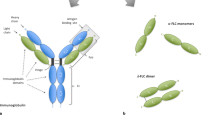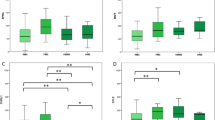Abstract.
Multiple sclerosis (MS) is a predominately T helper 1-mediated autoimmune disease of the central nervous system. Magnetic resonance imaging (MRI) is the most useful tool for monitoring disease activity and progression. However, MRI is an expensive and time-consuming test. Therefore, the ability to measure biological markers in body fluids correlating with MRI disease activity is of great importance. Beta-2 microglobulin (β2-MG) and neopterin have been found to correlate with disease activity in several autoimmune disorders and are used as pharmacodynamic markers of interferon beta treatment in MS. During the natural course of MS, β2-MG is stable over time, and thus it is unlikely that monitoring its plasma levels will be a useful marker of disease changes. More controversial results have been found for neopterin evaluations in MS. Urinary excretion of neopterin is higher during a clinical relapse but blood levels of this molecule do not correlate with clinical and MRI measurements.
Similar content being viewed by others
Author information
Authors and Affiliations
Rights and permissions
About this article
Cite this article
Bagnato, F., Durastanti, V., Finamore, L. et al. Beta-2 microglobulin and neopterin as markers of disease activity in multiple sclerosis. Neurol Sci 24 (Suppl 5), s301–s304 (2003). https://doi.org/10.1007/s10072-003-0180-5
Issue Date:
DOI: https://doi.org/10.1007/s10072-003-0180-5




